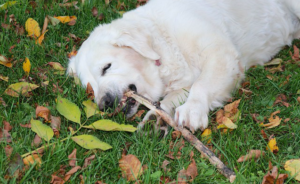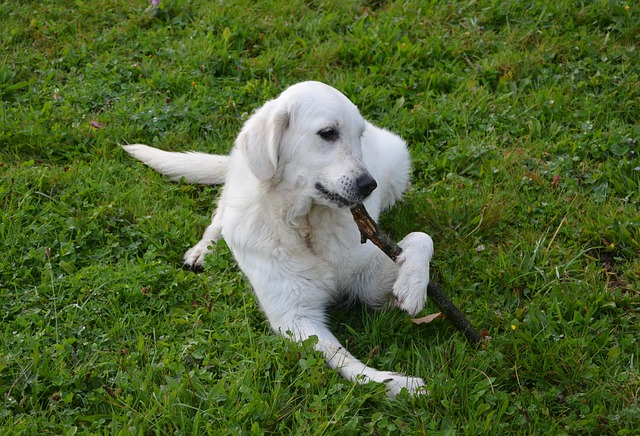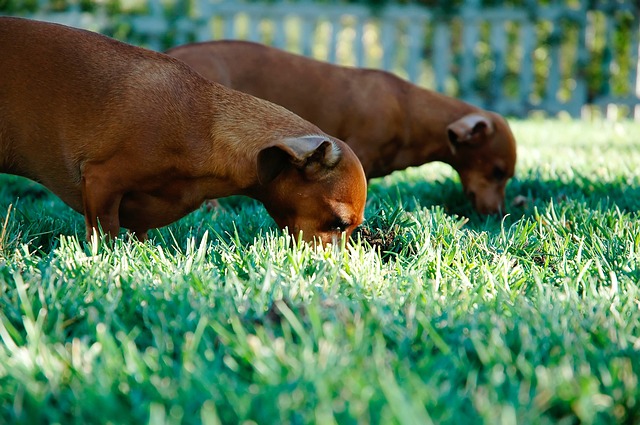
Does your dog eat paper, dirt, poop, rocks, or anything else he shouldn’t? Eating non-food items is referred to as pica, and eating poop specifically is referred to as coprophagia. Apart from being destructive or disgusting, is this behavior dangerous for your dog? Does it indicate an underlying health problem you need to worry about? How do you protect your dog and your home from his unusual eating habits? Let’s explore pica and coprophagia so that you have the information you need to protect your dog.
Why does my dog eat things he shouldn’t?

Pica and coprophagia have a variety of underlying causes, both physical and psychological. These may include:
-Vitamin deficiency
-Undigested articles of food in feces
-Extra protein in cat feces
-Anemia
-Neurological disease
-Boredom
As you can see, it’s a good idea to have your vet rule out any physical causes before assuming your dog is just bored or being destructive for no good reason.

Is it dangerous?
While it is disgusting to see your dog eat his own poop, it’s usually harmless. Eating the poop of other animals can be a big problem, though, as it exposes your dog to potential parasites and pathogens. Eating other non-food items can also be extremely dangerous, as many items, such as rubber bands, underwear, socks, rocks, chalk, sand, and string can damage or even block your dog’s intestines. This can even result in death without expensive surgery to remove the lodged item. So yes, pica and coprophagia both have the potential to be harmful to your dog.
If you know your dog has eaten or likes to eat things he shouldn’t and he starts vomiting, having diarrhea or loose stool, or becomes lethargic, you should take him to the vet immediately.
How do I stop it?

If there is no underlying physical cause for your dog’s pica or coprophagia, changing his behavior – and possibly your own – can be rather difficult.
The most important thing to do is to restrict your dog’s access to things he shouldn’t be eating. This may mean keeping your house meticulously clean in order to keep things out of his reach. It may mean keeping him in a safe, enclosed area when you aren’t around to keep an eye on him. It may include muzzling him loosely enough to still drink water but not open his mouth enough to chew on things. It might mean spraying bitter apple or other unpleasant-tasting sprays on objects your dog likes to eat in order to discourage the behavior. It means cleaning up your dog’s poop immediately before he has a chance to eat it.
Coprophagia may be stopped by adding deterrents to your dog’s food that pass through to his feces and make it taste even worse in order to deter your dog from eating it.
Providing your dog with more exercise and mental stimulation may help. Putting your dog’s food into a puzzle toy can keep him interested in his food for a longer period of time. Make sure your dog has plenty of things to curb his natural desire to chew, such as bully sticks and rope toys (to be used with supervision). Improving your dog’s diet and adding supplements or multivitamins may help if he is experiencing a nutritional deficiency.
A professional dog trainer may also have advice to help keep your dog safe.
(H/T: PetMD, Dogster, Pet Health Network)
via Whisker Therapy